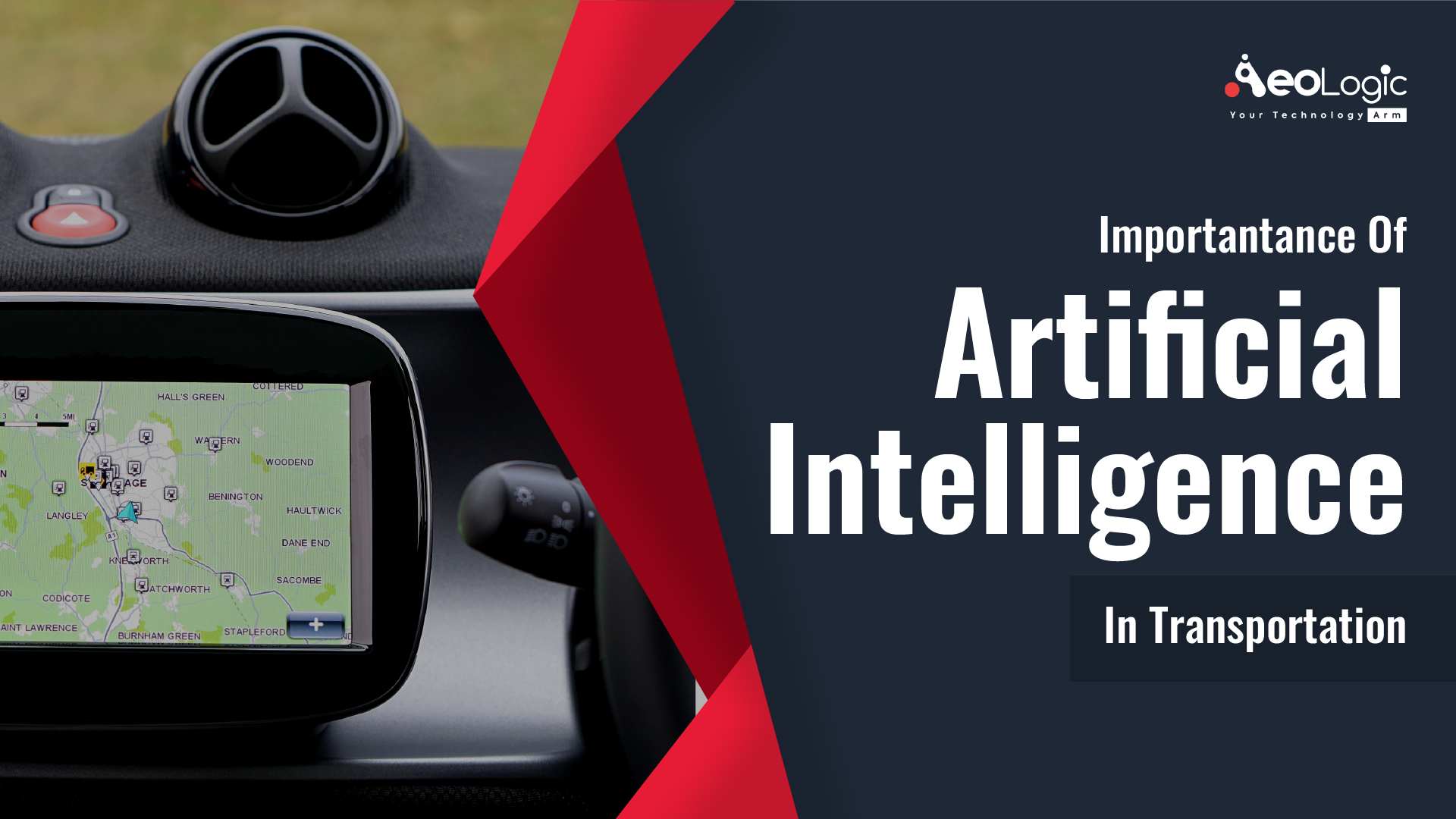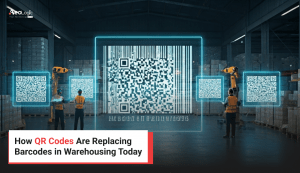From helping cars, trains, ships, and airplanes to function autonomously to making traffic flow smoother, artificial intelligence (AI) is making lives easier and making different modes of transport safer, cleaner, smarter, and more efficient. According to research the global AI transportation industry was worth 4 billion dollars in 2017 and is projected to grow by 3.5 billion by 2023.
The European Union is adopting rules to support technologies that enable the applications of AI in transportation including rules for harmonized digital reporting for ships meant to simplify information exchange procedures between the ship and port and rules on electronic freight transport information aimed at digitizing close sport and transport operations.
While the most spectacular applications are widely known to the public, self-driving cars, autonomous air taxis, smart trucks, smart highways, and artificial intelligence (AI) powered technologies are going to be deployed in many ways. Many of them are less eye-catching but extremely useful nonetheless.
In the transportation industry, artificial intelligence has the potential to improve driving pleasure, streamline logistics processes, and guarantee improved infrastructure, road, and vehicle management.
Importance of Artificial Intelligence (AI) in Transportation
Since the introduction of AI technology in the transportation sector, many things have taken a gradual turn as AI has brought many improvements.
Artificial intelligence (AI) is being used in the prediction of accidents by many companies utilizing AI to predict crashes based on environmental and other factors.
Another great development is the integration of electric vehicles with artificial intelligence (AI). Electric vehicles greatly aid in the reduction of environmental pollution as they have a lower rate of emission a great example of such is connect transit which uses electric buses that are integrated with AI.
Artificial intelligence (AI) has also brought the development of self-driving cars that are able to detect traffic. Self-driving cars will reduce traffic accidents as the AI-equipped vehicle has the ability to detect pedestrian and cyclists paths. This by far increases transportation safety.
Artificial intelligence (AI) can be used to reduce the traffic congestion on roads resulting in a smooth traffic flow, with the help of AI traffic management systems traffic is used by many smart cities around the world to control traffic flow also with the aid of AI motorists can be warned about dangerous spots in a certain road or route. Security threats and any unforeseen occurrences in traffic can also be predicted by AI.
Artificial intelligence (AI) in transportation is in its infancy stage and holds great potential in revolutionizing the sector. Trust is a factor that has affected the speed of adoption of AI in this area. Lack of trust is further aggravated by the lack of proper regulation certification and standardization of AI tools in the transportation sector. However, once public policy on AI has fully matured, adoption of AI in transport will follow since safety will be assured and consequently trust will be restored.
Also Read: The Importance of Artificial Intelligence in Everyday Life
Artificial Intelligence in Road Transportation
The implementation of AI in road transport has led to significant levels of collaboration among different road users, resulting in extraordinary outcomes. Technology companies, automobile manufacturers, and research organizations are exploring AI technologies to create and construct autonomous vehicles for both commercial and personal transportation purposes. There is no text provided. Automobiles rely on a combination of sensors (such as GPS, cameras, and radar) along with actuators, control units, and software.
Technologies such as this can only assume control of certain driving tasks, such as parking, while others will eventually completely replace the human driver. Testing autonomous vehicles in metropolitan locations is inherently challenging due to various aspects, such as intricate road systems and infrastructure, which require the car to anticipate unforeseen indicators of activity.
AI technologies are utilized in road traffic management to analyze traffic patterns, volumes, and other related factors. These devices can supply vehicles with information regarding the most efficient path to alleviate traffic congestion. AI technologies aid in maintaining smooth traffic flow by dynamically adjusting traffic signals and lights to match the current traffic conditions.
According to a report from Stanford University, autonomous vehicles will decrease the number of fatalities and injuries caused by traffic accidents.
How Artificial Intelligence Technology is Revolutionizing Transportation
- Autonomous cars have transitioned from a fantasy to reality in just two decades. Companies like Tesla, BMW, and Mercedes have successfully launched self-driving cars, indicating a significant presence on roads by the end of 2019.
- AI Traffic Management uses machine learning to ease traffic jams by adjusting traffic lights in real-time based on data from cameras. Surtrac, a notable tool, improves urban traffic flow by tailoring intersection signals to actual vehicle movements.
- Microchip implants in hands are being tested in Sweden as train tickets, allowing passengers to bypass lines and ensuring they’re never without a ticket. SJ trains are scanning these chips directly from passengers’ hands.
- Airports may soon replace passports with facial recognition technology, enhancing convenience but raising privacy concerns. Although it’s in use at some US airports, its global expansion is hindered by accuracy issues and privacy debates. Meanwhile, technologies like Google Flights are improving travel by predicting flight delays more effectively.
- Digital number plates, featuring GPS tracking and bank sync for fine payments, are set to enhance convenience and reduce vehicle-related crimes. With 100,000 units rolling out in the US this year, they’re predicted to soon replace traditional plates.
For You: Top AI Tools You Must Try Out Today
Conclusion
To sum up, The transportation sector is one of the most important sectors of any economy as artificial intelligence (AI) progresses, reduced accidents, lower pollution and improved efficiency are going to lead to widespread economic and health benefits for everyone.
Are you looking to implement digital twins technology into your manufacturing business? If yes so please feel free to contact us at support@aeologic.com

Manoj Kumar is a seasoned Digital Marketing Manager and passionate Tech Blogger with deep expertise in SEO, AI trends, and emerging digital technologies. He writes about innovative solutions that drive growth and transformation across industry.
Featured on – YOURSTORY | TECHSLING | ELEARNINGINDUSTRY | DATASCIENCECENTRAL | TIMESOFINDIA | MEDIUM | DATAFLOQ









